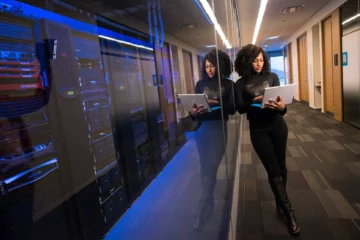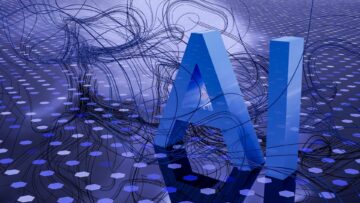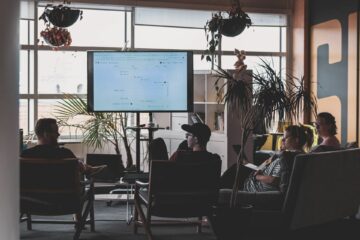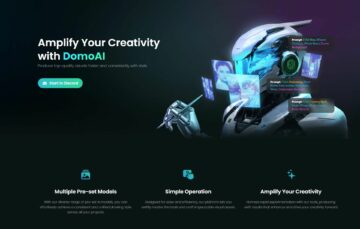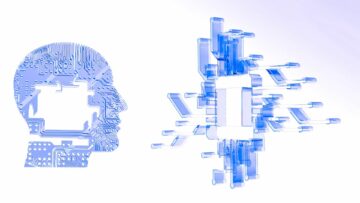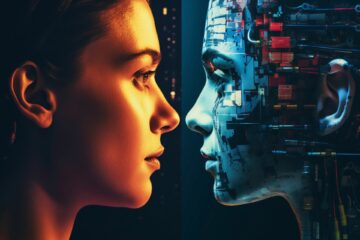The rapid advancements in Artificial Intelligence (AI) have sparked discussions about its impact on the future of work. While some fear widespread job displacement, Jensen Huang, CEO of Nvidia, a leading manufacturer of graphics processing units (GPUs) crucial for AI development, offers a more nuanced perspective.
He believes AI will not lead to a mass exodus from the workforce but rather a transformation of job roles.
AI grows and so do the companies
Huang argues that AI will primarily function as a productivity booster for companies. Historically, companies experiencing increased earnings tend to hire more employees. He suggests that AI-powered efficiency will translate into company growth, leading to a natural demand for more workers.
This viewpoint echoes the past. The Industrial Revolution, for instance, saw the rise of automation in factories. While some jobs were lost, new opportunities emerged in areas like machine maintenance, operation, and management. AI’s integration into the workplace might follow a similar pattern. While some repetitive tasks might become automated, new positions requiring human oversight, data analysis, and collaboration with AI systems could arise.
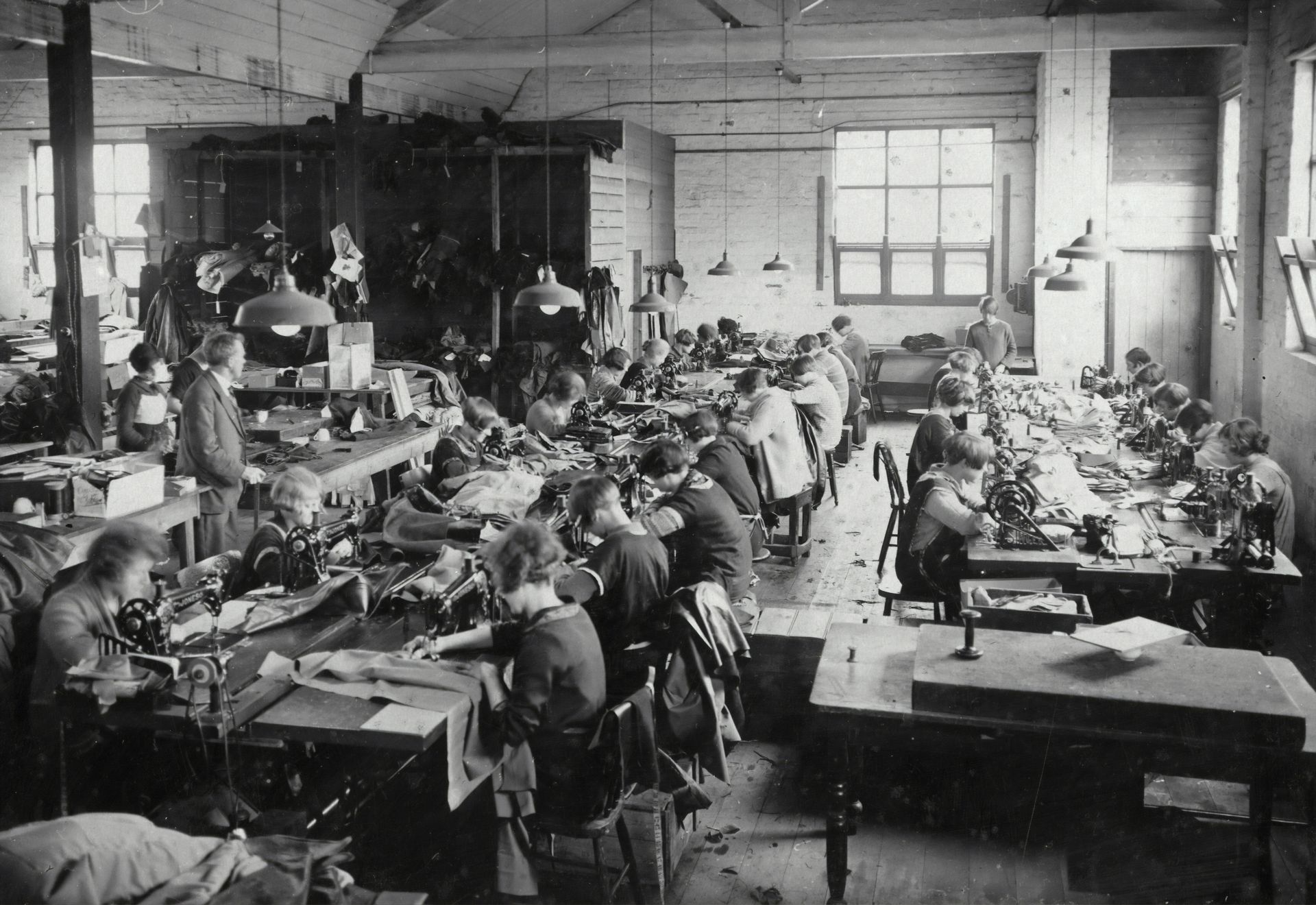
Human judgment in the loop
Huang highlights the importance of human judgment within the AI ecosystem. AI excels at processing vast amounts of data and identifying patterns, but it currently lacks the critical thinking and adaptability of humans. For instance, an AI system analyzing customer service interactions might identify common pain points but would struggle to understand the emotional nuances of a disgruntled customer.
This is where human expertise comes in. Businesses will likely require a workforce that can effectively partner with AI. Employees adept at interpreting data, making ethical decisions based on AI insights, and handling situations requiring human empathy might be in high demand.
Jensen explains: “We’re hoping that it does things that surprise us. That’s the whole point. In some areas like drug discovery, designing better materials that are lighter, and stronger. We need artificial intelligence to help us explore the universe in places that we could’ve never done ourselves”.
Artificial imaginations: Separating fact from fiction in generative AI
The evolving nature of work with AI necessitates a focus on continuous learning and skill development. As AI takes over routine tasks, workers will need to broaden their skillsets to remain competitive. This might involve acquiring expertise in working with AI systems, developing critical thinking skills, or specializing in areas where human judgment is irreplaceable.
Educational institutions and training programs might need to adapt their curriculums to equip future generations with the skills needed to thrive alongside AI. The ability to learn, adapt, and solve complex problems will likely become paramount for success in the evolving job market.
While AI will undoubtedly alter the landscape of work, it is unlikely to lead to a mass exodus from the workforce. Instead, we might see a shift towards jobs that require human-AI collaboration, critical thinking, and continuous learning. Companies and individuals who can adapt to this changing landscape will likely be best positioned to navigate the future of work.
Featured image credit: rawpixel.com/Freepik
- SEO Powered Content & PR Distribution. Get Amplified Today.
- PlatoData.Network Vertical Generative Ai. Empower Yourself. Access Here.
- PlatoAiStream. Web3 Intelligence. Knowledge Amplified. Access Here.
- PlatoESG. Carbon, CleanTech, Energy, Environment, Solar, Waste Management. Access Here.
- PlatoHealth. Biotech and Clinical Trials Intelligence. Access Here.
- Source: https://dataconomy.com/2024/04/29/jensen-huang-ai-employment/
- :is
- :not
- :where
- 1
- a
- ability
- About
- acquiring
- adapt
- adaptability
- adept
- advancements
- AI
- AI systems
- AI-powered
- alongside
- alter
- amounts
- an
- analysis
- analyzing
- and
- ARE
- areas
- Argues
- arise
- artificial
- artificial intelligence
- Artificial intelligence (AI)
- AS
- At
- Automated
- Automation
- based
- BE
- become
- believes
- BEST
- Better
- booster
- broaden
- businesses
- but
- CAN
- ceo
- changing
- collaboration
- comes
- Common
- Companies
- company
- competitive
- complex
- continuous
- could
- creation
- critical
- crucial
- Currently
- customer
- Customer Service
- data
- data analysis
- decisions
- Demand
- designing
- developing
- Development
- discovery
- discussions
- displacement
- do
- does
- done
- drug
- drug discovery
- Earnings
- echoes
- ecosystem
- effectively
- efficiency
- emerged
- emotional
- Empathy
- employees
- employment
- ending
- equip
- ethical
- evolving
- excels
- Exodus
- experiencing
- expertise
- Explains
- explore
- fact
- factories
- fear
- Fiction
- Focus
- follow
- For
- from
- function
- future
- Future of Work
- generations
- generative
- GPUs
- graphics
- Grows
- Growth
- Handling
- Have
- he
- help
- High
- highlights
- hire
- historically
- hoping
- HTTPS
- huang
- human
- Humans
- identify
- identifying
- image
- imaginations
- Impact
- importance
- in
- increased
- individuals
- industrial
- Industrial Revolution
- insights
- instance
- instead
- institutions
- integration
- Intelligence
- interactions
- interpreting
- into
- involve
- IT
- ITS
- Jensen Huang
- Job
- Job Opportunities
- Jobs
- jpg
- lacks
- landscape
- lead
- leading
- LEARN
- learning
- Led
- lighter
- like
- likely
- loss
- lost
- machine
- maintenance
- Making
- management
- Manufacturer
- Market
- Mass
- materials
- max-width
- might
- more
- Natural
- Nature
- Navigate
- necessitates
- Need
- needed
- never
- New
- nuanced
- nuances
- Nvidia
- of
- Offers
- on
- operation
- opportunities
- or
- over
- Oversight
- Pain
- Pain points
- Paramount
- partner
- past
- Pattern
- patterns
- perspective
- Places
- plato
- Plato Data Intelligence
- PlatoData
- Point
- points
- positioned
- positions
- primarily
- problems
- processing
- productivity
- Programs
- rapid
- rather
- remain
- repetitive
- require
- Revolution
- Rise
- roles
- routine
- saw
- says
- see
- separating
- service
- shift
- similar
- situations
- skill
- skills
- So
- SOLVE
- some
- sparked
- specializing
- stronger
- Struggle
- success
- Suggests
- surprise
- system
- Systems
- takes
- tasks
- tend
- that
- The
- The Future
- The Future of Work
- The Landscape
- their
- things
- Thinking
- this
- Thrive
- to
- towards
- Training
- Transformation
- translate
- understand
- undoubtedly
- units
- Universe
- unlikely
- us
- Vast
- viewpoint
- we
- were
- while
- WHO
- whole
- widespread
- will
- with
- within
- Work
- workers
- Workforce
- working
- Workplace
- would
- zephyrnet



